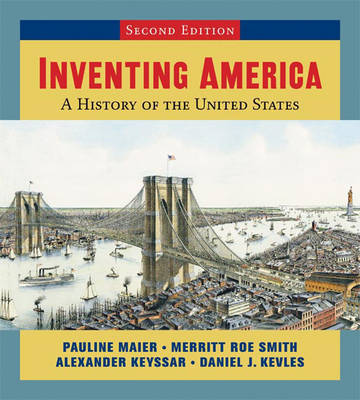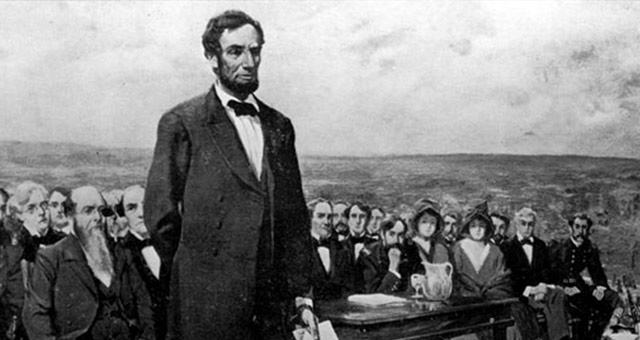

Frantically Hancock wrote the Massachusetts Committee of Safety, which was then meeting outside Boston at Watertown, for assistance, recent news, and, above all, information on theĮvents of five days earlier. Regiments were expected to arrive in Boston at any time.


All they met up with in Worcester were rumors that four more British Short-tempered country cousin John Adams, Robert Treat Paine, and Thomas Cushing - and a military guard to protect them along the route to Pennsylvania. There they expected to find the other members of the Massachusetts delegation to the Second Continental Congress - Samuel's They fled first to the nearby towns of Woburn and Billerica, then moved westward, arriving at Worcester on April 24. Warned by Paul Revere, a Boston silversmith and experienced express rider, that British troops were coming, Two of the Massachusetts delegates, Samuel Adams and John Hancock, were in Lexington during the night of April 18–19, 1775, before the battle. Met, war broke out in the farming towns of Lexington and Concord some twenty miles north and west of Boston. Finally, three weeks before the new congress But no news of redress arrived during the winter and spring after the first congress closed. If the colonies were returned to their situation in 1763, at the end of the French and Indian War. Peace and harmony would immediately return, Congress assured the King, The defensive," carefully avoiding incidents that might involve "all America in the horrors of a civil war" before George III could respond to its pleas. The First Continental Congress commended the people of Massachusetts for resisting Parliament's "IntolerableĪcts" and declared that if Britain tried to execute those laws by force, "all America ought to support them in their opposition." But it also urged the people of Massachusetts to remain "peaceably and firmly. Like theirĮnglish ancestors, however, they would not endure violations of their "most sacred" rights and privileges. Over and over the Congress had insisted that Americans remained loyal to Britain. Its members still believed that the imperial conflict could be settled at any time. Before adjourning in October 1774, the First Continental Congress called for the convening of another congress at Philadelphia on May 10, 1775, only ifīritain had not redressed the Americans' grievances. THE DELEGATES' LONG, slow journey from Massachusetts to Pennsylvania need not have been made.


 0 kommentar(er)
0 kommentar(er)
